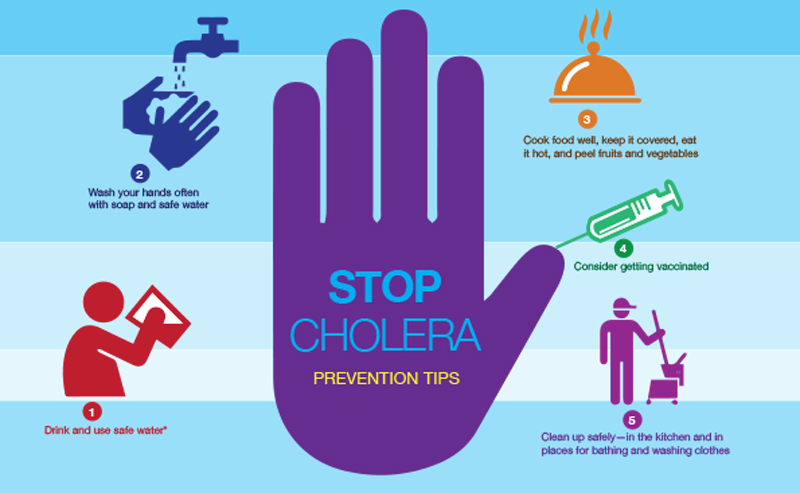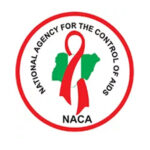The Nigeria Centre for Disease Control and Prevention (NCDC) recently confirmed cholera outbreaks across the country, with 1,141 suspected cases and 30 deaths reported in 30 states as of June 11, 2024.
Lagos, Rivers and eight other states were said to have contributed 90% of the cholera burden.
Lagos, the epicentre of the outbreaks, has advised people against buying unwholesome locally-made drinks on the streets or by the roadsides and vowed to clamp down on manufacturers of such drinks.
Medical experts have warned that cholera, which involves constant watery stooling and vomiting, could lead to death within a short time if left untreated.
However, the good news is that infectious disease fuelled by dirty environment and unhygienic practices is preventable. People can get cholera from drinking water or eating food containing cholera bacteria.
- Cholera: Bauchi, Nasarawa record 2 deaths, 79 suspected cases
- Katsina records 118 suspected cholera cases, zero in Kaduna, Kano
Daily Trust highlights five simple precautionary steps that can be taken to head off deadly cholera, according to the Centre for Disease Control (CDC).
Use Clean Water
It is highly preferred to use bottled water with unbroken seals to drink, brush teeth and prepare food especially in areas where cholera is endemic. But if bottled water is not available, water that has been properly chlorinated, boiled, or filtered can be used.
Boiling water is an effective way to make water safe. However, boiled water is also at risk of recontamination and should be safely stored in a clean, covered container.
You can also use a filter with a pore size of less than or equal to 0.3 microns and treat the water with a disinfectant such as chlorine, chlorine dioxide, or iodine.
Like boiled water, filtered water is equally at risk of recontamination and should be safely stored in a clean, covered container.
Hand Wash
Wash your hands often with soap and safe water before, during, and after preparing or eating food eating food; after using the toilet and after taking care of someone who is sick with diarrhea. In the absence of soap and safe water, use a hand sanitizer with at least 60% alcohol.
Proper Sanitary
Use toilets or safely managed sanitation facilities to get rid of poop. This includes disposing of children’s poop. For those without access to toilets, it is advised to poop at least 30 meters (100 feet) away from any body of water, including wells, and then bury it.
Dispose of plastic bags containing poop in latrines or at collection points if available or bury the bags in the ground.
Proper Cooking
Eat foods that have been thoroughly cooked and are still hot and steaming, or fruits and vegetables that you peel yourself.
Avoid eating raw vegetables and fruits that can’t be peeled. Also, be sure to cook seafood and meat very well before eating.
Clean Up Safely
Clean and disinfect kitchenware and areas where you prepare food with soap and safe water. Allow them to dry completely.
Bathe and wash clothes or diapers 30 meters (100 feet) from drinking water sources. Clean and disinfect toilets and surfaces contaminated with poop. Clean surfaces with a soap solution to remove poop, then disinfect using a solution of 1 part of household bleach to 9 parts of water.
When finished cleaning, safely dispose of soapy water and disinfection solutions by pouring them into a drain, toilet, or latrine.
Dirty rags can be cleaned with hot water and soap and allowed them to fully dry. Wash your hands again with soap and safe water after cleaning and disinfecting.

 Join Daily Trust WhatsApp Community For Quick Access To News and Happenings Around You.
Join Daily Trust WhatsApp Community For Quick Access To News and Happenings Around You.


